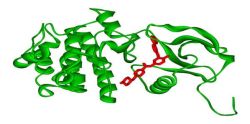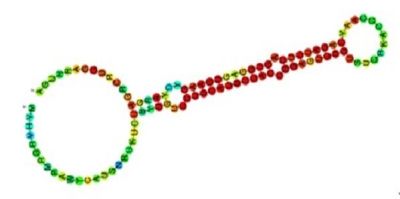According to several studies presented at the American Society for Clinical Pathology (ASCP) 2014, educating healthcare providers about the usefulness of laboratory tests could significantly reduce unnecessary testing and could eventually result in improved patient care at a lower cost to labs.
The investigators report that there was a 75 percent decrease in orders for the 1,25-dihydroxyvitamin D test after clinicians in the Western Connecticut Health Network were educated about the fact that it is the wrong test to assess Vitamin D. This translated into laboratory savings of more than $3,700.
Dr. Palawinnage Muthukumarana, MD, from Danbury Hospital in Connecticut stated, "The goal of this project was to educate physicians who are not endocrinologists or nephrologists, using minimal information technology resources and minimal interruption of the daily workflow in the laboratory, to get the best patient outcomes."
He also points out that this form of intervention will not only have a positive impact on laboratories but on patients as well. Physician education could also improve workflow and decrease incorrectly ordered tests.
The researchers conducted a review of their laboratory information system for all 1,25-dihydroxyvitamin D orders. They found that out of the 464 tests that were ordered during a one year period, nearly 60 percent had been ordered instead of the 25-hydroxyvitamin D test.
With these findings, the investigators implemented several measures to educate physicians about the correct tests to assess Vitamin D. Differences between the 1,25-dihydroxyvitamin D test and 25-dihydroxyvitamin D test were communicated to healthcare providers. Educational letters were also sent out to provide accurate information. In addition, a piece about Vitamin D testing was also published on the Danbury Hospital website.
Through these measures, it was observed that there was a steady reduction in the number of 1,25-dihydroxyvitamin D tests ordered during the six month study period. Out of the 62 tests that were ordered, 33 were changed to the appropriate test and eight were cancelled, indicating that clinicians changed their decision according to the information that was provided to them.
Similar observations were made for methylmalonic acid (MMA) testing. Theoretically speaking, an MMA test should only be ordered as a confirmatory test if Vitamin B12 levels fall in the equivocal range of 150 to 400 ng/L. The investigators took the same approach and sent educational letters to inform physicians about MMA guidelines and published an article on MMA testing on the website.
According to Lauren Lippincott, MD, a pathology resident at the Danbury Hospital, "Our people would first look to see if a vitamin B12 test was ordered, and then, if it did not fall into the 150 to 400 ng/L range, the MMA test would be cancelled and a notification letter would be faxed to the physician's office. If they had concerns or if there was a reason they needed to order the MMA test, they were invited to contact us."
Overall, these measures highlight that with the right information, unnecessary laboratory testing can be avoided, resulting in healthcare savings and better quality patient care.
Source: Medscape
Image Credit: Pixabay.com























